The connection between diet and dental health is often overlooked, yet the foods we eat play a major role in maintaining a healthy smile. Some foods naturally strengthen enamel, reduce bacteria, and promote gum health, making them great allies in your oral care routine. On the flip side, certain items can erode enamel, stain teeth, and contribute to cavities or inflammation.
Being mindful of what goes on your plate isn’t just good for your waistline—it’s also essential for your teeth and gums. From crunchy fruits to acidic drinks, every bite can have a lasting impact. Understanding which foods help or harm your dental health empowers you to make smarter choices for long-term wellness. Let’s take a closer look at 7 smile-friendly foods and 8 that might be doing more harm than good.
1. Potato Chips
Crunching on potato chips might be a satisfying experience, yet these crispy delights can wreak havoc on your teeth. Their starches break down into sugars, feeding bacteria that produce acids. These acids can then attack tooth enamel, leading to cavities. It’s a vicious cycle where the crunchy texture can also cause physical damage to teeth.
Moreover, potato chips tend to linger in your mouth long after you’ve finished eating. This lingering effect provides a constant food source for harmful bacteria. Regular oral hygiene practices, like brushing and flossing, are crucial to mitigate these effects.
2. Sticky Candy
Who doesn’t love a burst of sweetness from sticky candy? However, these treats can be a dentist’s nightmare. Their sticky nature allows them to cling to teeth, providing a long-lasting sugar feast for bacteria. This prolonged exposure can lead to cavities and tooth decay.
Sticky candies are tricky to remove from teeth, often escaping the reach of a toothbrush. The sugar content and texture create a perfect storm for dental issues. Choose to indulge in moderation and always follow up with thorough dental care to protect your smile.
3. Ice Cubes
Chomping on ice cubes might seem harmless, but it can lead to unexpected dental distress. The hard texture of ice can cause cracks or chips in your teeth, especially if they are already weakened by other factors. It’s like putting undue pressure on a delicate structure.
Besides physical damage, chewing ice can lead to enamel erosion over time. This erosion makes your teeth more susceptible to sensitivity and decay. Enjoying ice in beverages is fine, but resist the temptation to chew it to keep your dental health intact.
4. Soda
Fizzy and full of flavor, soda is a popular choice for many. Yet, it’s a minefield for oral health. The sugar content alone is problematic, but the acid in soda is the true villain, eroding enamel and weakening teeth from within.
Even diet sodas are not safe, as their acidity can still harm teeth. Frequent consumption can lead to discoloration and increased cavity risk. Moderation and using a straw can help minimize contact with teeth, though water remains the best thirst-quencher.
5. Dried Fruits
Dried fruits are often seen as a healthy snack, yet they pose significant risks to dental health. Their chewy texture allows them to stick to teeth, providing a feast for cavity-causing bacteria. Additionally, the natural sugars in dried fruits become concentrated, intensifying their potential harm.
Regular consumption without proper oral hygiene can lead to decay. It’s important to rinse your mouth or brush your teeth after enjoying them. Opting for fresh fruits can be a safer alternative for your teeth’s well-being.
6. Coffee With Sugar
Sipping coffee sweetened with sugar can start your day right but end with dental woes. The combination of caffeine and sugar creates an acidic environment, conducive to enamel erosion. This not only stains teeth but also weakens them over time.
Coffee’s dark color can contribute to discoloration, while sugar accelerates decay. To protect your smile, consider cutting sugar from your coffee or rinsing your mouth after drinking. Regular dental cleanings can help counteract the staining effects.
7. Hard Candies
Hard candies might look tempting in their vibrant colors and flavors, but they pose multiple threats to dental health. The prolonged sucking time keeps sugar in contact with teeth for extended periods, increasing the risk of cavities.
Moreover, biting down on hard candies can lead to chipped or cracked teeth. Such damage can be painful and costly to repair. Choosing candies that dissolve quickly or opting for sugar-free alternatives can reduce these risks significantly.
8. Cheese
Cheese, a favorite for many, offers surprising benefits for dental health. Its high calcium content strengthens teeth, while casein proteins help stabilize and repair tooth enamel. Another advantage is its ability to increase saliva production, which neutralizes acids in the mouth.
Enjoying cheese as a snack can contribute to a healthier smile. It’s a delicious way to support oral well-being, proving that some indulgences can be beneficial! Add cheese to your diet to harness its protective qualities for your teeth.
9. Crunchy Vegetables
Crunchy vegetables like carrots and celery are nature’s toothbrush. Their fibrous texture works to scrub teeth clean as you chew, while stimulating saliva flow to wash away food particles and acids.
Incorporating these into your diet is a natural way to boost oral health. They are low in sugar and full of nutrients, making them an ideal snack for maintaining a bright smile. Biting into a crunchy carrot might just be the enjoyable way to keep your teeth sparkling.
10. Green Teas
Green tea offers a soothing sip with significant dental benefits. Rich in antioxidants, it helps reduce inflammation and fights bacteria that cause cavities. Its natural compounds can also freshen breath and prevent plaque buildup.
Regularly drinking green tea can aid in maintaining a healthy mouth environment. Opt for unsweetened varieties to maximize its benefits. This ancient brew proves that a simple cup of tea can be a powerful ally for your smile’s defense.
11. Leafy Greens
Leafy greens are a powerhouse of nutrients, offering tremendous benefits for teeth and gums. They are rich in calcium and folic acid, essential for maintaining strong teeth and preventing gum disease.
Incorporating more greens into meals can support oral health naturally. Their fibrous nature also aids in cleaning teeth as you chew. A salad packed with spinach, kale, and other greens is not only a treat for your taste buds but a boon for your dental hygiene.
12. Nuts
Nuts, with their crunchy texture, serve as excellent snacks for oral health. They are packed with essential nutrients like calcium and phosphorus, which strengthen teeth and bones.
Chewing on nuts also stimulates saliva production, reducing bacteria and cleansing the mouth. Including nuts in your diet is a tasty way to support your smile. Whether as a standalone snack or a salad topping, they offer a satisfying crunch that benefits your teeth.
13. Yogurt
Yogurt, with its creamy texture and probiotic content, is a boon for oral health. It contains calcium and proteins that fortify teeth, while probiotics help balance the bacteria in your mouth.
Choosing plain, unsweetened yogurt maximizes its benefits, offering a delicious way to maintain a healthy smile. Incorporate it into your daily diet as a breakfast staple or snack to enjoy its protective qualities for your teeth.
14. Water
Nature’s simplest elixir, water is vital for oral health. It helps rinse away food particles and bacteria, preventing decay and bad breath. Staying hydrated ensures enough saliva production, which is crucial for protecting teeth from acids.
Choosing water over sugary drinks can dramatically improve dental health. Keep a bottle handy to sip throughout the day, and let water be your go-to beverage for maintaining a radiant smile.
15. Sugar-Free Gum
Chewing sugar-free gum can be a surprisingly effective way to support oral health. It stimulates saliva production, helping to wash away food particles and neutralize acids. This can prevent cavities and freshen breath.
Opting for gum with xylitol, a natural sweetener, can further enhance these benefits by reducing bacteria. It’s a convenient and enjoyable method to care for your teeth, especially after meals when brushing isn’t possible.
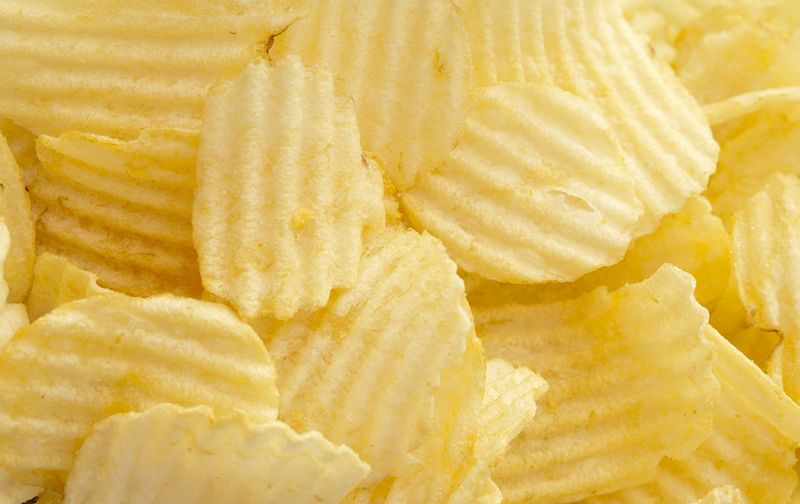
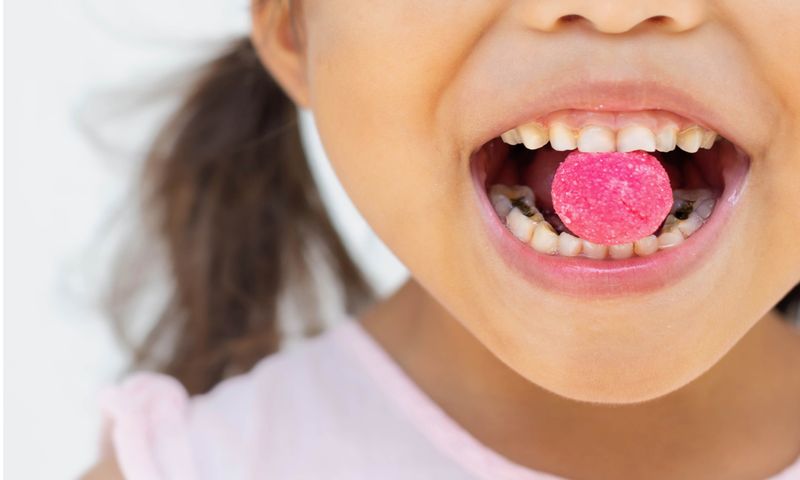
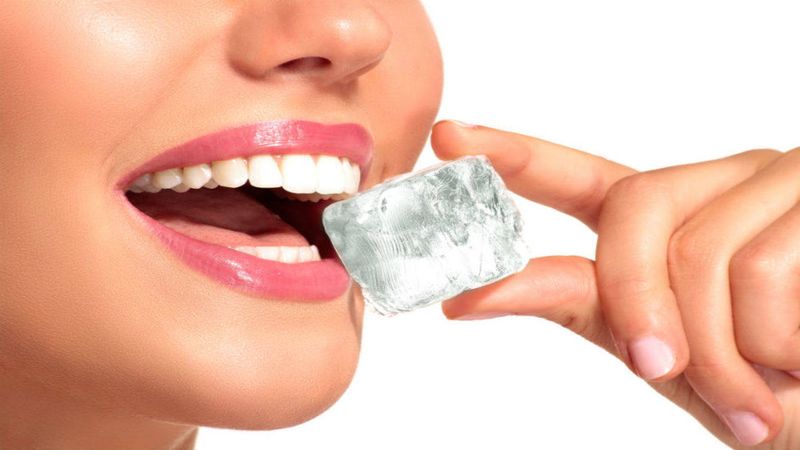

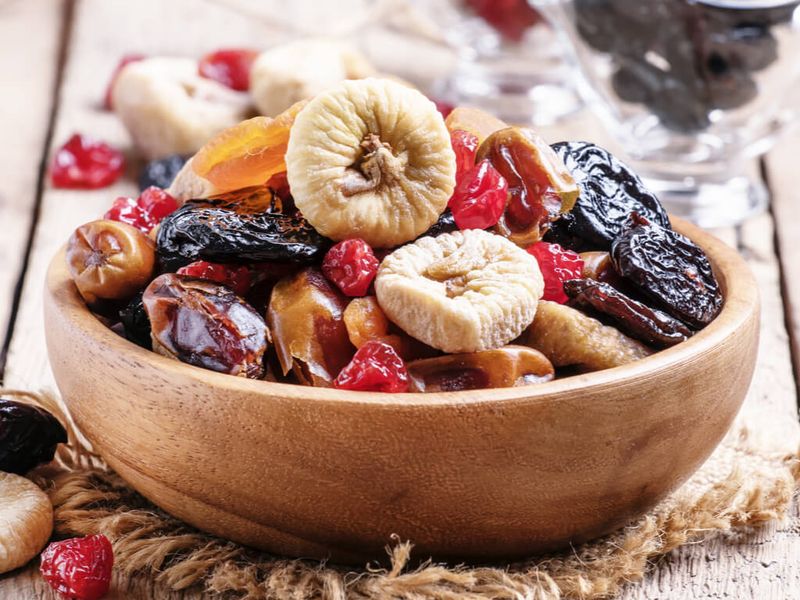
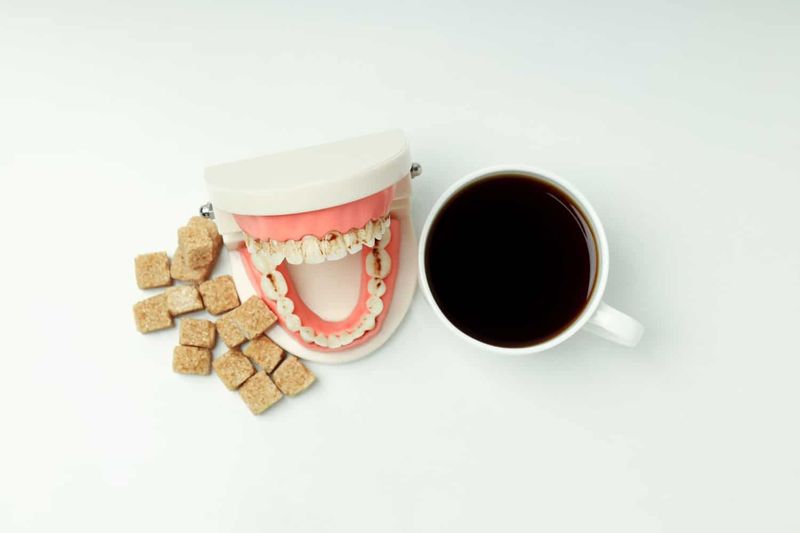
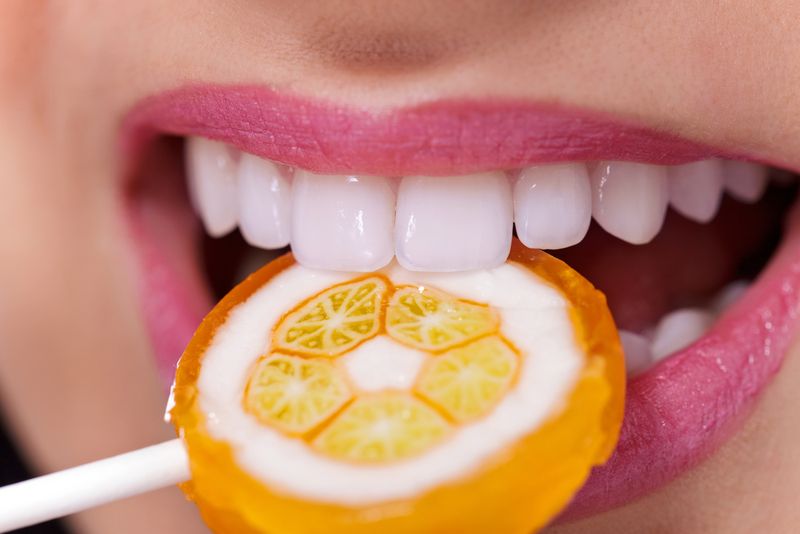
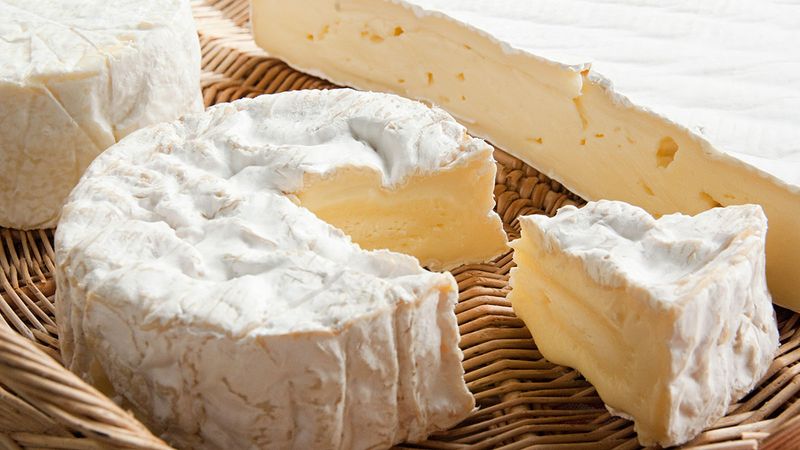

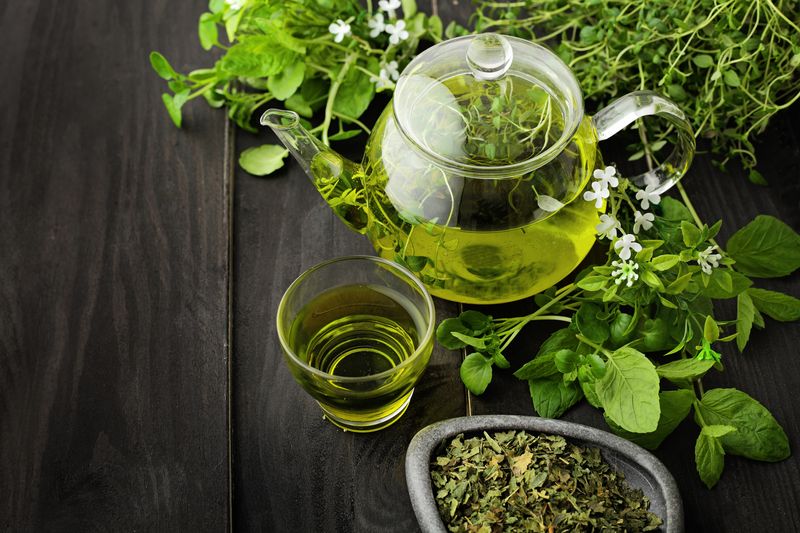
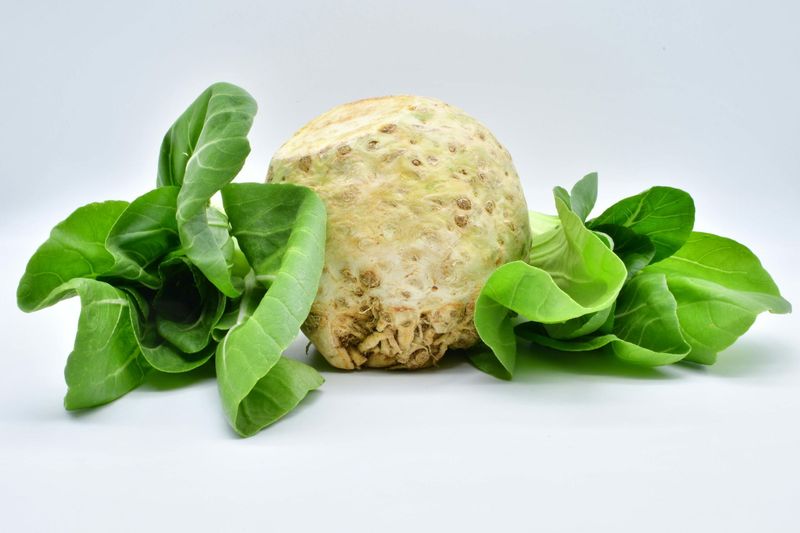
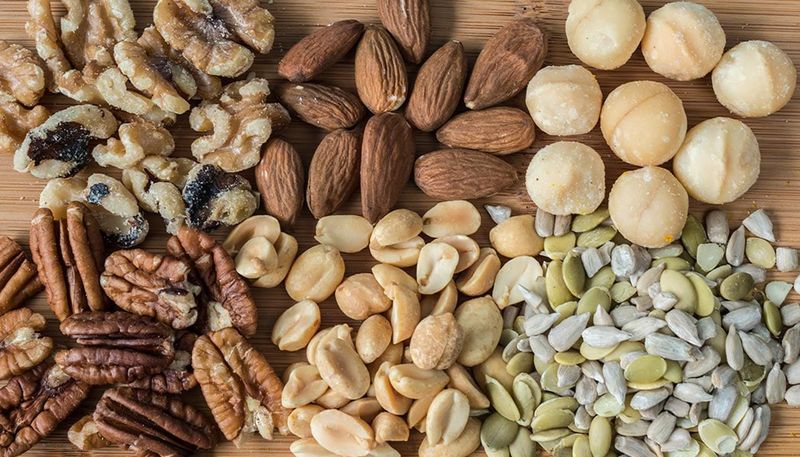
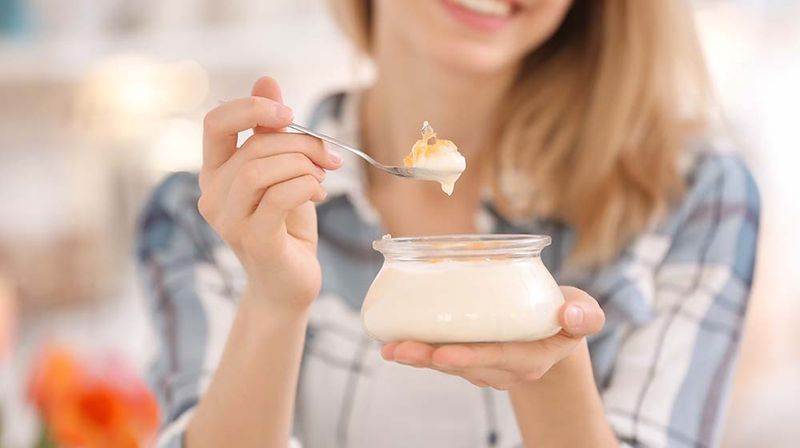

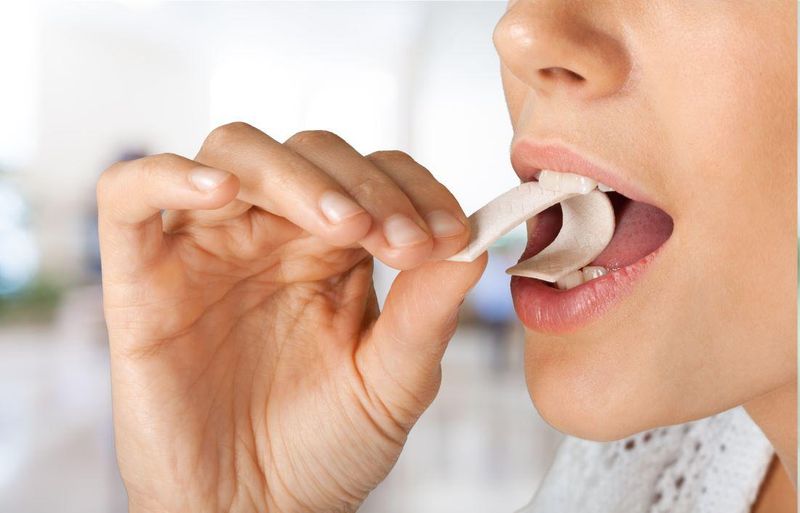
Leave a comment